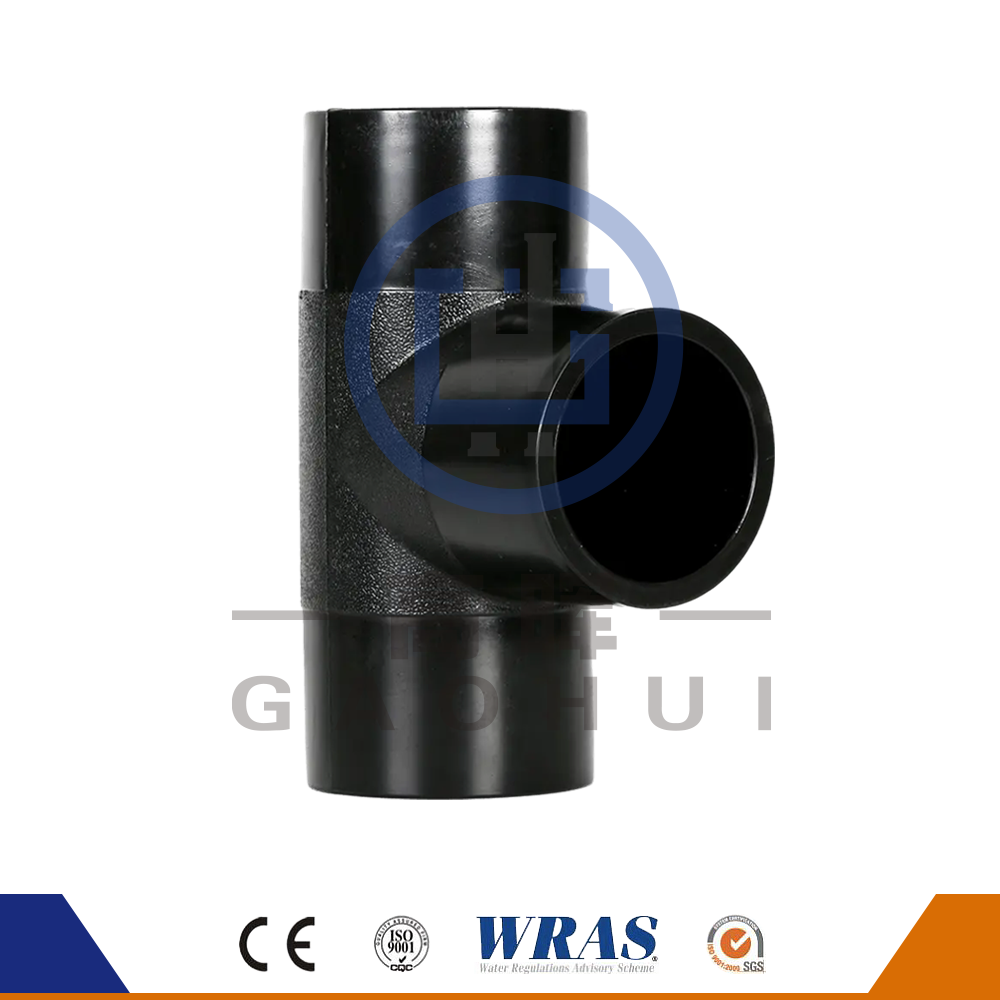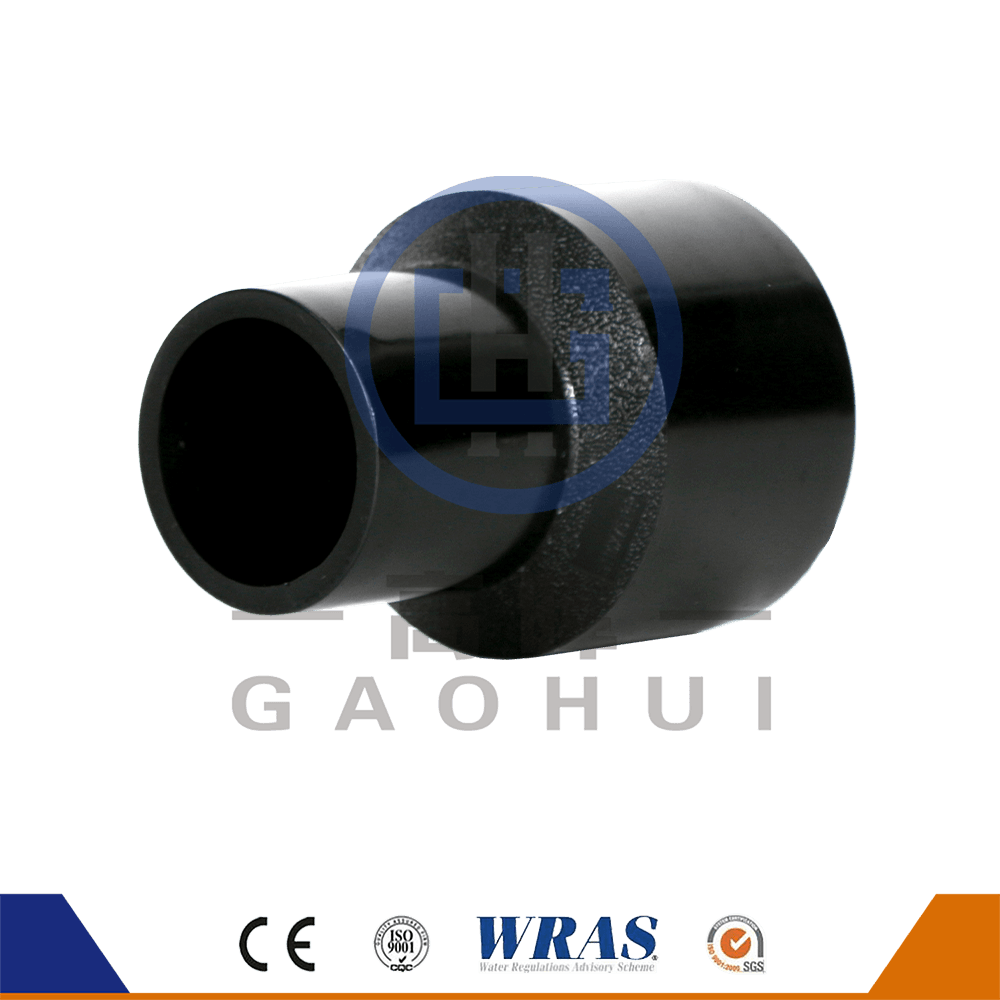HDPE Tube usually does not require additional anti-corrosion measures when installed underground, mainly due to its excellent corrosion resistance. HDPE material is corrosion-resistant and erosion-resistant, and can remain stable in underground environments for a long time. Compared with metal pipes, HDPE Tube will not be affected by metal corrosion, avoiding aging and failure problems caused by it.
HDPE Tube also performs well in groundwater environments and is not affected by the chemical components in groundwater, maintaining its physical and chemical properties. The soil is highly adaptable and can adapt to a variety of soil types, including moist, acidic or alkaline soils, without being affected by soil composition. HDPE materials are also resistant to microorganisms and chemicals in the soil and are able to maintain their structural integrity in underground environments.
The corrosion resistance of HDPE Tube installed underground is usually sufficient to meet the requirements of underground piping systems. However, in specific projects, it is still necessary to conduct a comprehensive assessment based on the underground environment, soil characteristics, and project requirements to ensure that appropriate pipeline materials are selected and appropriate installation methods are adopted to ensure the reliability and long-term stability of the pipeline system.


 English
English русский
русский عربى
عربى











